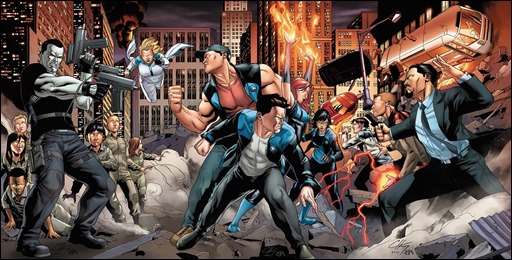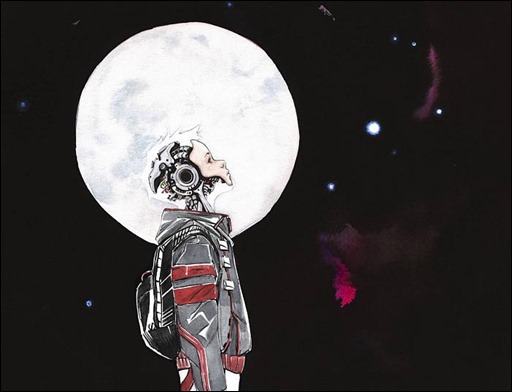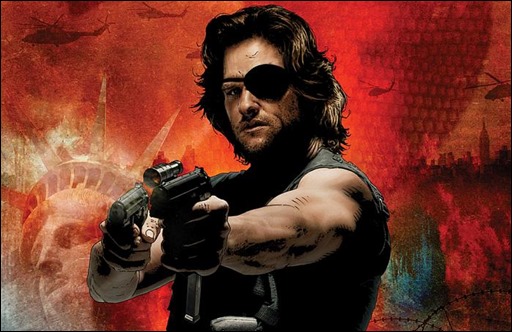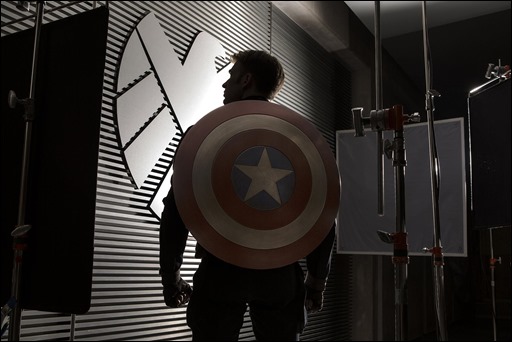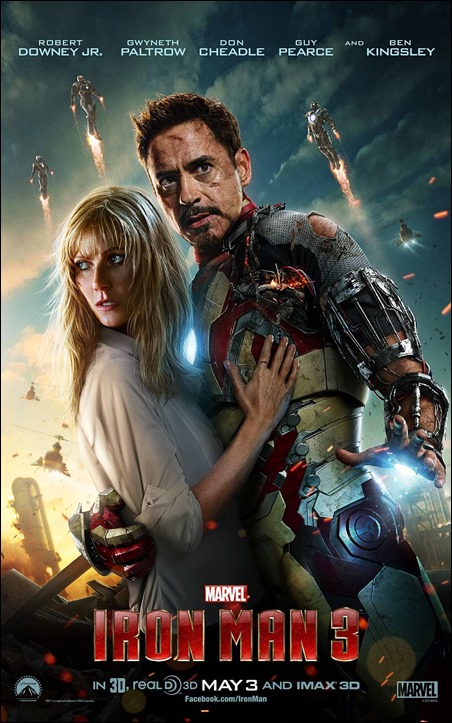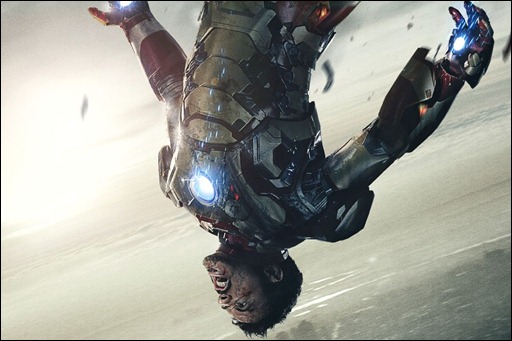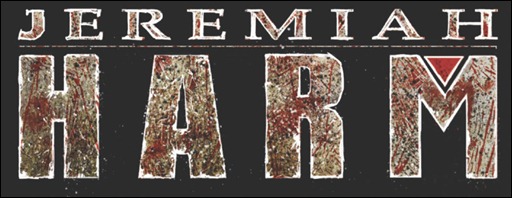Comic Books In the Digital Age
When we think about how comic books have changed in the past several years, or even decades, the most obvious example that comes to mind is the genre’s explosion into the film industry. It was probably inevitable that popular comic heroes would be adapted to film, just as popular literature and even ancient legends have. However, no one could have foreseen just how enormous the comic book industry’s influence on cinema has become. Now, it seems as if every 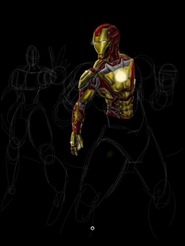 month brings us a new Marvel or DC blockbuster primed to earn over $100 million at the box office.
month brings us a new Marvel or DC blockbuster primed to earn over $100 million at the box office.
This is most evident with the recent release of Guardians of the Galaxy, a film that many doubted would have much success given the limited public knowledge of its characters. Yet, it’s clear that this movie isn’t a failure, misstep, or letdown of any kind. According to Vox, GotG is a “massive success” at the box office with its $94-million opening weekend at a time when movie-going tends to be slower. Vox contends that this victory for Marvel should give them more confidence moving forward in the cinematic realm, because, again, this franchise wasn’t exactly buzzing like that of Spider-Man, Superman, etc. Could this mean we’ll finally see other comic book characters getting their just due at the theatres? We’ll see.
Beyond films, though, what fewer people realize is that the transition of comics to digital media goes well beyond the cinema. There’s an assumption among many that film simply represents the new form for comic stories. The truth, however, is that new comics are still made in traditional form as well, and old ones are reissued, collected, and re-read on a regular basis. And because of the high demand for comic content, it is perhaps only natural that a number of mobile tools have emerged to help collectors and enthusiasts to stay on top of their favourite characters and stories. Here’s a look at a few such tools that demonstrate the modern transition of comics to digital form, both through readers and games.
Read more

